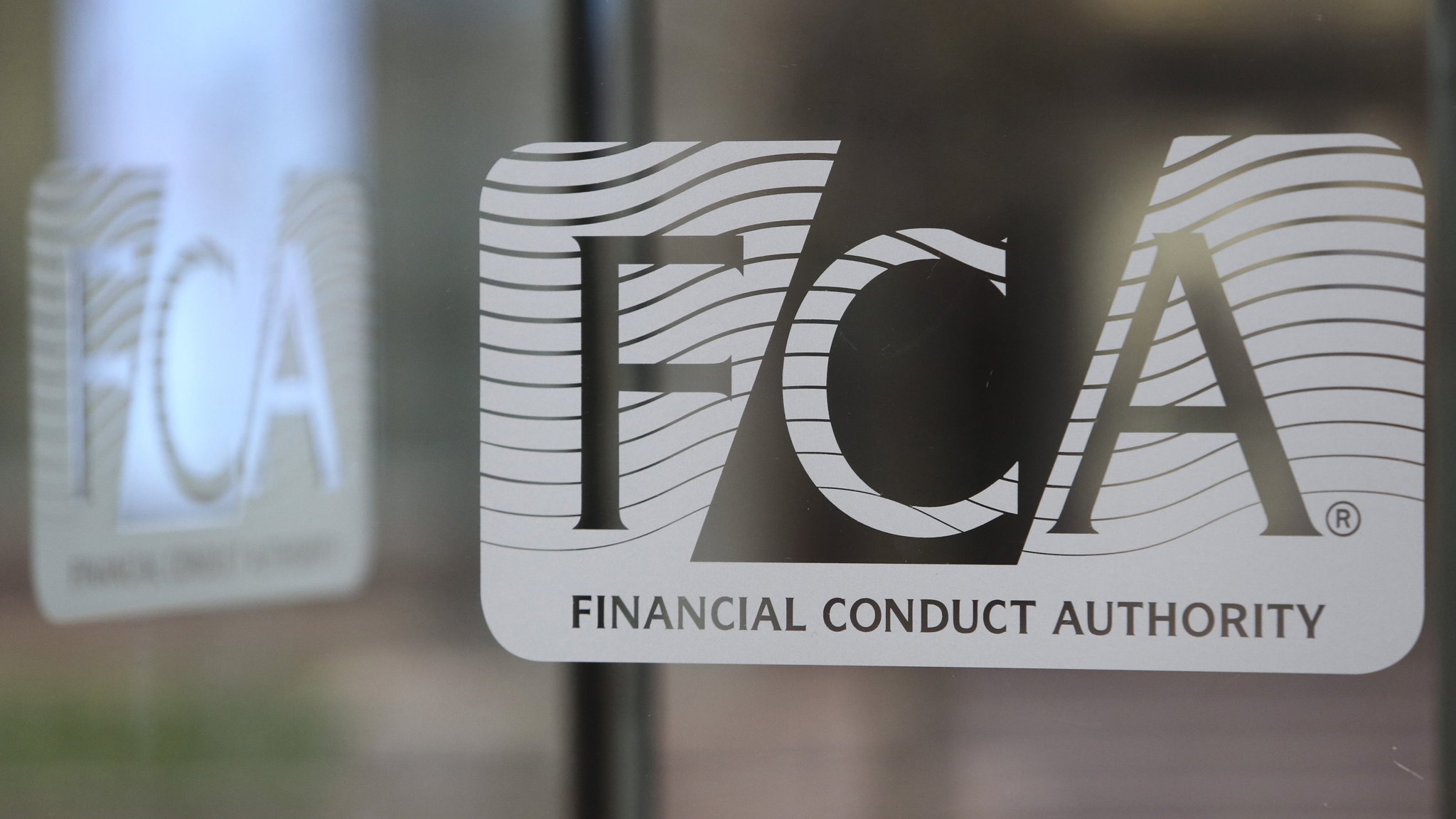The Financial Conduct Authority (FCA) of the UK recently amended the registration fee amount for Cryptocurrency Company. Now, firms may have to pay up to £10,000 to register.
Two-tiered approach
The FCA is following a new two-tiered approach to crypto business registration, which will be based on the firm’s net income. Initially, crypto businesses were required to pay a £5,000 fixed fee to the agency. However, under the new rules, companies with a net income of less than £250,000 are required to pay £2,000 only. Firms earning more than £250,000 will have to pay £10,000.

The agency decided to change the fee structure after public feedback. In October last year, smaller companies were consulted about fee payments where they objected to the fixed fee structure. The FCA had brought the regulations during the same month and said,
“We estimate the total cost of this process at approximately £400,000, and we are aware of some 80 potential applicants. We accordingly propose to set the registration fee at £5,000.”
Is the registration fee too high?
While the FCA paid heed to the objections of smaller companies, it has doubled the fees for larger companies. This is because the agency will have to sweep the cost to larger companies to pay for the registration process. come ended up with a disproportionate increase for larger companies. Last month, BeInCrypto reported that the agency would be assuming a larger role in regulating the industry. It will be focusing specifically on anti-money laundering and terrorist financing laws that come under the Economic Crime Plan 2019-22.
The agency has mandated all companies working in the crypto sector to register by January 2021. Applications for registration can be submitted until June 2020. The latest measures by the British government are a part of a larger clampdown in the European region against money laundering. The biggest of these regulations is the Fifth Anti-Money Laundering Directive (5AMLD) of the EU which adds cryptocurrency in the money laundering ambit. Deribit, a crypto derivatives trading platform until recently, announced its departure from the European market owing to the newest regulatory changes.
 cryptovibes.com
cryptovibes.com